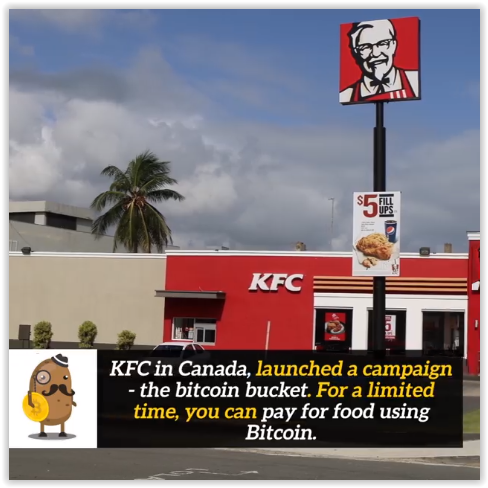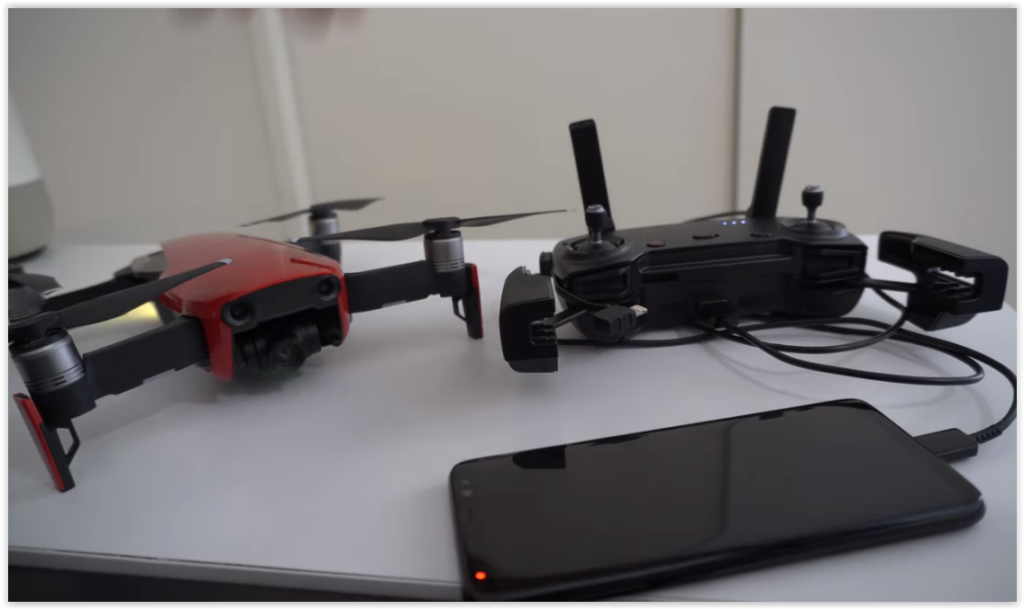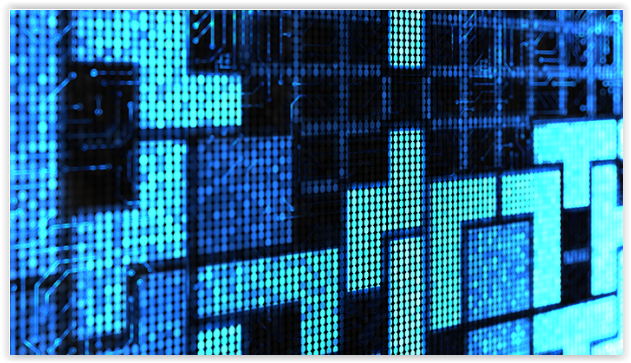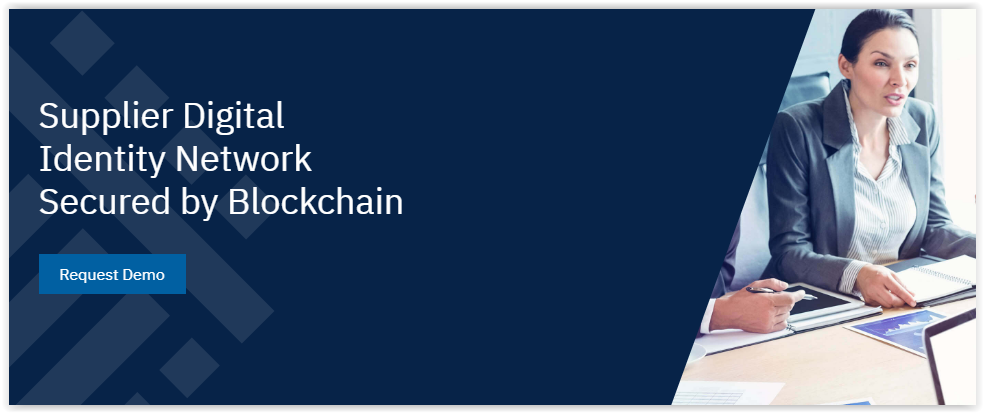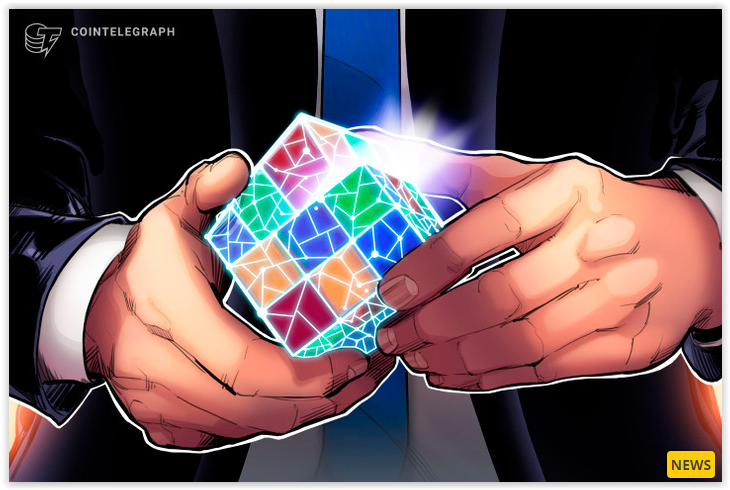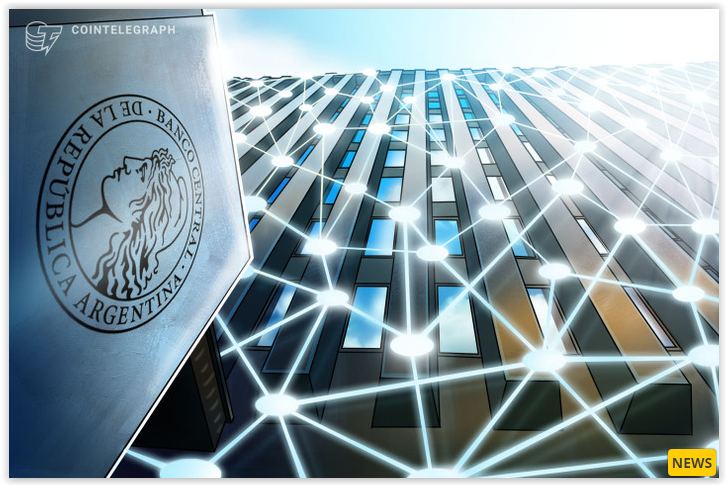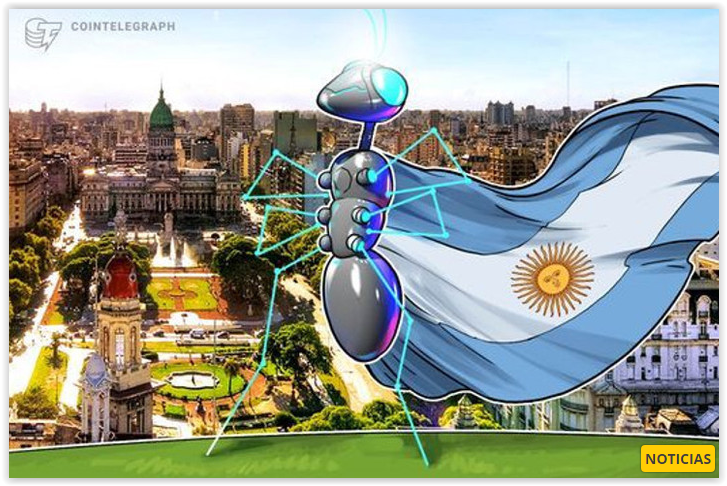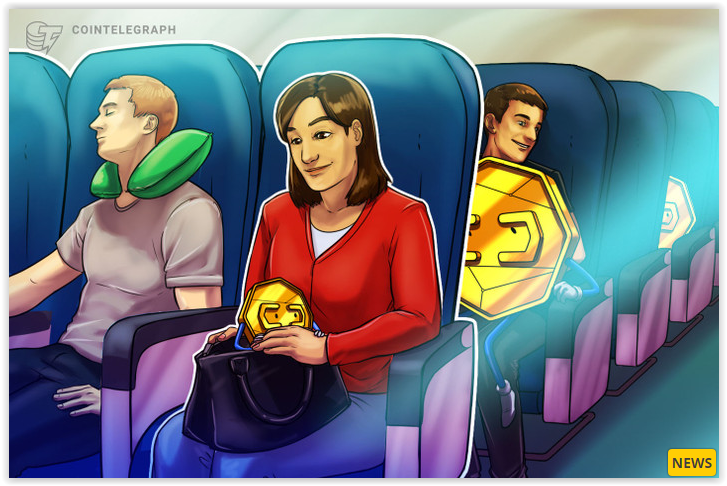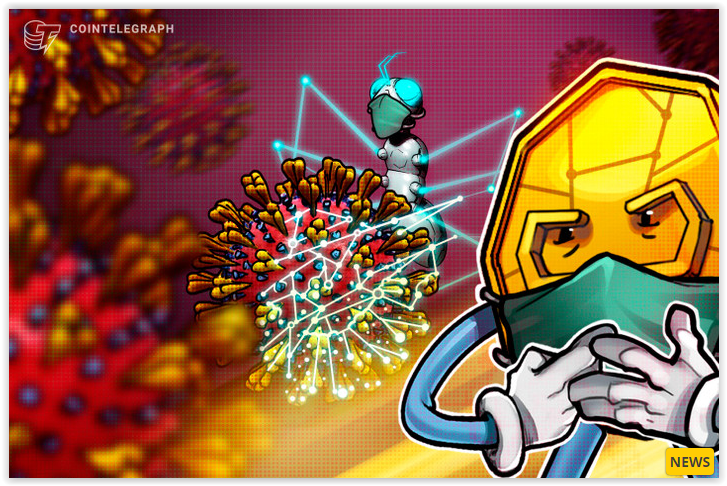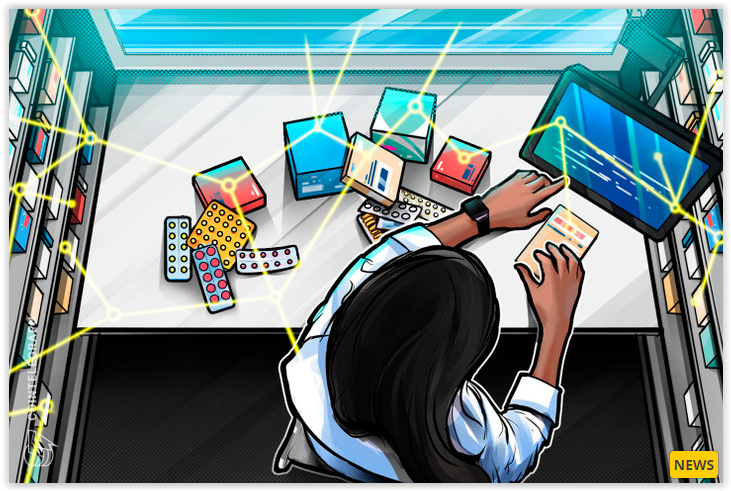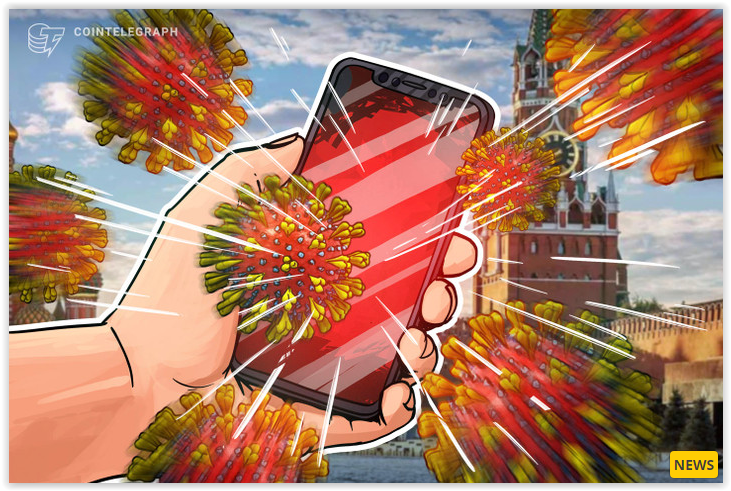Brave, the privacy-centric cryptocurrency-powered web browser has launched in-browser video calls featuring end-to-end encryption.
The encrypted video service, dubbed ‘Brave Together’ can be used to make unlimited encrypted video calls featuring two participants. All Brave users can access the feature, with no account sign-ups needed.
Brave revealed that video conferencing supporting more than two participants is currently being tested on Brave Nightly — the development version of the browser.
Brave Together is based on the open-source encrypted video software Jitsi — which was vouched for by NSA whistleblower Edward Snowden in 2017.
Video conferencing software demand spikes
The move comes following an explosion in the use of video conferencing software amid the COVID-19 pandemic and lockdown, with Zoom seeing an enormous spike of usage.
However, Zoom has received criticism concerning privacy and security, with ‘Zoom-bombings’ emerging as a rampant phenomenon during the lockdown. In April, an internal memo revealed that Elon Musk’s company SpaceX had banned its employees from using the video conferencing software due to “significant privacy and security concerns.”
Zoom will also introduce end-to-end encryption to protect its 300 million daily users this week.
Brave adoption grows
Co-founded by Javascript creator and former Mozilla CEO Brendan Eich, Brave pays its users Basic Attention Token (BAT) for viewing ads. It has made steady gains in adoption over recent months. The firm’s marketing head Des Martin tweeted that the platform surpassed one million new users during March alone.
Despite the strong uptake, Brave CEO Brendan Eich recently remarked that only a small percentage of its users take full advantage of the browser’s privacy features. As of this writing, more than 662,000 content creators have signed up to Brave’s publisher program. 53% of Brave publishers operate on Youtube.
Source: https://cointelegraph.com/news/brave-browser-launches-encrypted-video-calls-before-zoom

